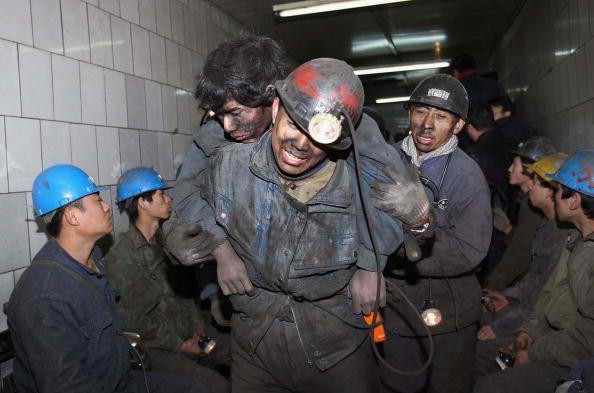Only two miners survived the China mining blast and 33 trapped miners died in Chongqing. The bodies of the miners were ordered to be excavated.
In the privately owned mine in Jinshangou, no other bodies were found. The explosion occurred before midday.
Chinese authorities ordered the recovery of the bodies and ordered an investigation of the incident. Faulty electrical wires are found to be the cause of the explosion.
President Xi Jingping had ordered the closure of coal mines which accelerate production to meet year-end targets which cause mining accidents in China. The government is now trying to look for alternative sources of energy.
Air and soil pollution in China was seen to be caused by massive coal production. Numerous mining accidents in China has also been caused by coal plants which do not meet safety standards and those which are maintained poorly.
The National Development and Reform Commission said, "Coal companies in major coal-producing provinces including Shanxi and Inner Mongolia have no plans to execute their coal-capacity reduction work until the last quarter, which could put the annual reduction target at risk."
The commission added that coal plants should "report their progress in coal capacity production on a monthly basis, and should strive to finish their assigned reduction quota in the early part of November."
Deng Shun, an analyst with ICIS China, a commodity researcher, said, "This sends a strong signal that China's determination in cutting coal overcapacity remains unchanged."
He added, "The major coal-producing regions planning to cut capacity the most in the fourth quarter means that supplies will be tight this winter and prices will increase."




























